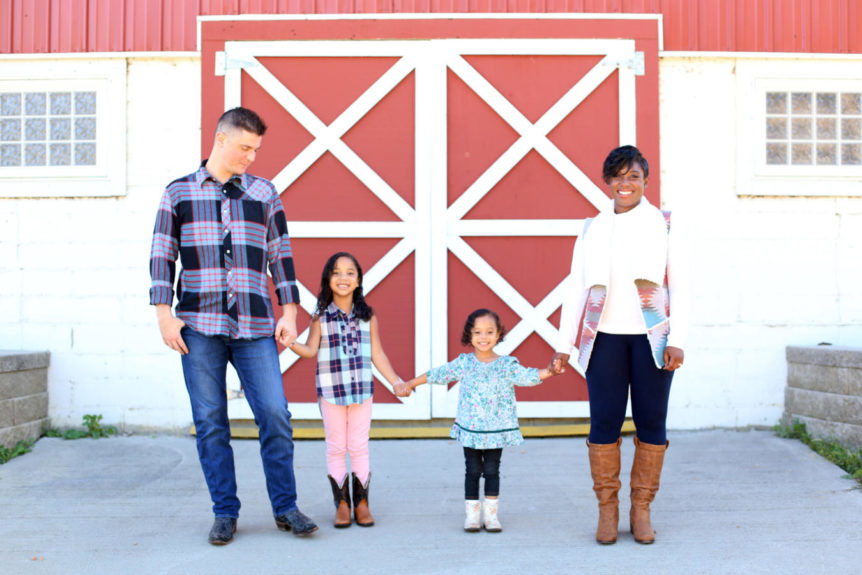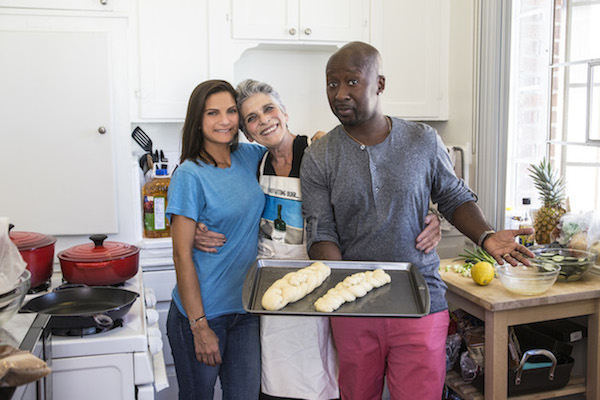Growing up biracial in white Jewish family means that you don’t often see others who have your experience/look like you. It is always special to be in Jewish spaces that celebrate diversity and reflect my experience. It is nice to able to connect to others that understand the complexity of my story without extensive explanation, as well as the ordinariness of it.
Which is why I was so interested in seeing Lacey Schwartz’s documentary Little White Lies, which will be premiering at the San Francisco Jewish Film Festival on Sunday August 3rd. It is exciting to see someone who looks like me on the big screen. I’ve known Lacey for a few years and know her story. I know it is different than my own, but there is a fundamental overlap when it comes to mixed race Jewish identity. Having seen a preview as part of an educational evening at Camp Be’chol Lashon, there were parts of Lacey’s story that reminded me of my own story. After discussing it with the staff and older campers, it seemed that everyone who watched the film could find a part of Lacey’s story that they connected with.
One of the things that struck me about Lacey’s experience was that her identity wasn’t fully complete until she could express it. Lacey’s experience illustrates that a central part of navigating one’s identity is communicating it and sharing it with your friends, family and community. Because identity is not only how you see yourself, but the agency in making sure that how you see yourself is synonymous with the way that others see you. It is a difficult balancing act to make sure that we learn to stack the building blocks of identity into a supportive foundation, without letting them box you in.
We don’t often overtly talk about race in religious spaces, although in my opinion it is impossible to separate the two. My blackness and my Jewishness are equally central to who I am and how I experience the world.
Identity and race is something we all need to be able to talk about—even as Jews.
I’m looking forward to people of all races and ethnicities and religions seeing this movie. I’m curious to hear from all of you about how you relate to Lacey’s story.







